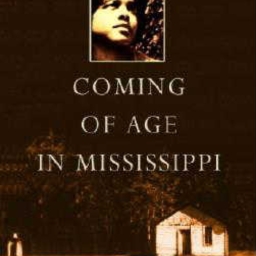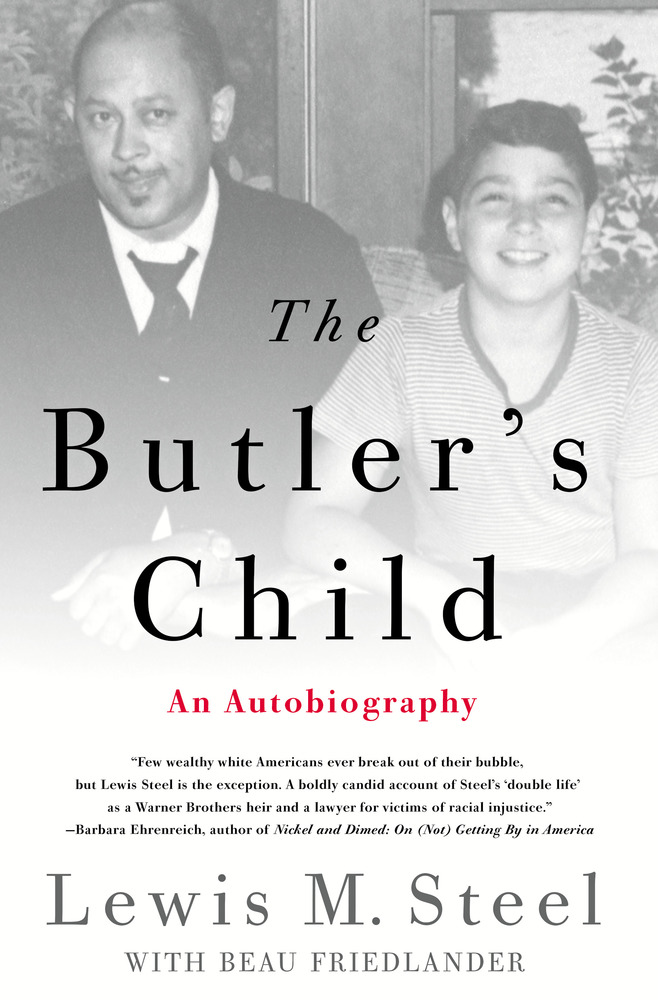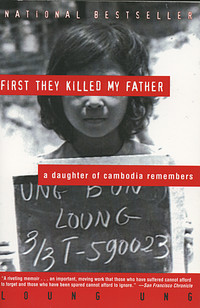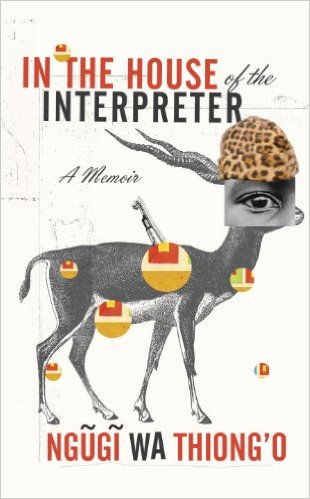
The Song and the Silence — A Strong Account of Looking for Roots and Belonging — by Yvette Johnson
Yvette Johnson has written a brave and vivid account of her own personal struggles growing up as the African-American daughter of a professional football player and a fierce mother. In The Song and the Silence — A Story about Family, Race, and What Was Revealed in a Small Town in the Mississippi Delta While Searching for Booker Writght, Johnson analyzes her own substantial problems and conflicts. She didn’t get what she wanted or thought she needed from her parents and found herself adrift. She also struggles with mental illness. But fortunately, curiosity and a great deal of personal strength prevail. Johnson starts to dig into the remarkable story of her maternal grandfather, Booker Wright, who was the subject of a short but epic television documentary filmed in Greenwood, Mississippi, in the 1960’s. Understanding what her grandfather’s world was like in the Jim Crow South leads Johnson to keep investigating. Booker Wright may have been an icon, but he also led a very complicated personal life. He did some fine things for the community and he spoke out bravely on television, but he also inspired alot of resentment within his community.
Johnson has written a great story in and of itself. The writing is clear and compelling. What makes this a great book is the author’s determination to keep working at unraveling the past and acquiring a better understanding of what happened and how the tragic effects have never completely gone away. She forces herself to dig into the past, even when it tells her things she would rather not know. She develops and shares a profound appreciation for just how horribly, horribly hard it was to grow up in the Jim Crow South and how those scars shaped people such as her emotionally remote mother. This information is not obtained in one fell swoop. Johnson’s patience in visiting repeatedly and lingering in Greenwood during some hot summer months yields a far greater understanding than a more sharply focused investigation might have done.
Determined not to settle for the hand she has been dealt, Johnson ends her book with some sound and encouraging recommendations for people struggling with mental illness. I’m inevitably inspired by people who are candidly struggling with their own problems and still reaching back to help and inspire others.
I strongly recommend this book. It goes beyond what I’d expected.








